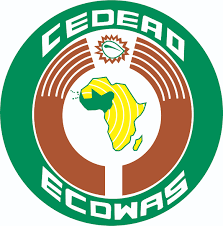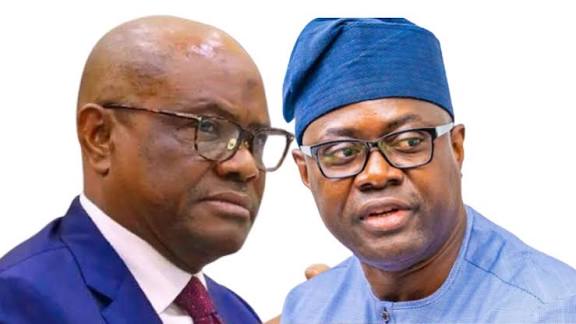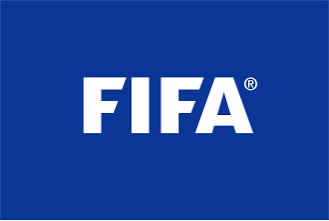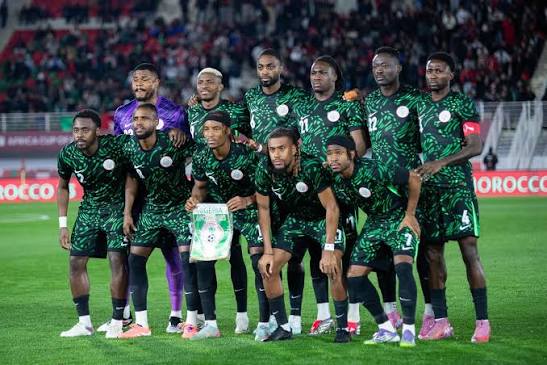
By Fortune Abang
The establishment of the Economic Community of West African State on May 28, 1975, under the auspices of the Treaty of Lagos, marked a new regional chapter and charter.
By the Treaty of Lagos, ECOWAS, comprising 16 West African countries at inception, became Africa’s pioneer Regional Economic Community.
For the benefit of hindsight, ECOWAS founding countries are Nigeria, Benin, Burkina Faso, Cabo Verde, Cote d’Ivoire, The Gambia, Ghana, Guinea, Guinea-Bissau, Liberia, Mali, Niger, Senegal, Sierra Leone, Mauritania and Togo.
However, Mauritania formally withdrew from the bloc in 2000, bringing the number of countries to 15.
The Treaty of Lagos aims to promote economic cooperation and integration among the ECOWAS member states with a focus on achieving collective self-sufficiency and improving the citizens’ standard of living.
Nonetheless, amidst successes so far recorded, the community’s heroic achievements remain unsung 50 years later.
Recently, at an event organised by ECOWAS and hosted by the Nigerian Institute of International Affairs (NIIA) to commemorate ECOWAS at 50, its founding fathers, regional and sub-regional leaders, as well as diplomats, underscored the need for continuous growth in strength, unity and purpose of the community.
The stakeholders prayed for ECOWAS to march towards peace, prosperity, and progress in the spirit of 1975 cooperation, solidarity, and hope that has never been forgotten.
They recounted significant progress the community made in terms of implementation of policies and programme, protocols and operations to stabilise entities such as Liberia, Sierra Leone and Guinea Bissau.
More so, they identified other achievements including trade liberalisation, the introduction of policies to reduce trade barriers, and the promotion of intra-regional trade; thus increasing trade among member states and helping to promote economic growth and development.
Regrettably, they say the community failed to achieve a common currency.
Observers say the community still faces security challenges such as terrorism, kidnapping, various criminal activities, and various activities of man’s inhumanity to man.
According to stakeholders, the recent withdrawal by the Alliance of Sahel States (AES)– Mali, Burkina Faso, and Niger– from the community poses great concern to ECOWAS as it marks 50 years of existence.
Speaking during the ceremony, a former Head of State, retired Gen. Yakubu Gowon, said ECOWAS had evolved into a cornerstone of regional stability and a powerful emblem of African resilience and unity.
According to him, the theme of ECOWAS at 50: “Stronger Together for a Brighter Future”, reflects the richness of African culture and tradition.
He narrated the diverse views about the founding of ECOWAS on May 28, 1975, under his leadership, then as Nigeria’s Head of State.
“The view when we started was to promote good governance; there were military and other democratic governments, but the military ensured we did things democratically, militarily democratically.
“Yes, with the help of all of us, there will be democratic and secured governments throughout the region; let us not forget the many challenges we have faced over the past 50 years.
“There are political crises, coup d’etat, civil wars, economic crunch, pandemics, terrorism and pressure of globalisation, yet through it all, ECOWAS has endured.
“It has adapted to changing circumstances, undertaken critical reforms and consistently renewed commitment to the founding ideas that bind us together.
“However, today is not only a day to celebrate the past, but it a moment to reflect upon the present and chart course for the future,” he said.
President Bola Tinubu and Chairman of ECOWAS Heads of State and Government, in a keynote address, stressed the need for West African leaders to sustain the legacies of ECOWAS’s founding fathers.
He urged the leaders to continue to look beyond artificial borders created by colonialists and embrace one another as a family.
Tinubu said that the founding fathers foresaw a more united, harmonious, and purpose-driven regional bloc that would benefit many generations.
“In 1975, our founding leaders envisioned a West Africa where borders unite rather than divide a region of free movement, thriving trade, and peaceful coexistence; that vision is still alive.
“The regional bloc has lived up to the founders’ expectations in many respects, including peacekeeping, trade liberalisation, free movement of citizens and working together to tackle security issues and global pandemics.
“ECOWAS is a beacon of African unity; in overcoming colonial legacies, we brought together Anglophone, Francophone, and Lusophone nations under one vision, an achievement of global significance,” he said.
On his part, Mr Mahmoud Youssouf, Chairperson of the African Union Commission (AUC), extolled ECOWAS for acting decisively as a guardian of peace and builder of dialogue amidst regional challenges.
“Fifty years ago, ECOWAS emerged from the bold imagination of visionary leaders who understood, long before many others, that Africa’s strength would be forged not in fragmentation, but in unity.
“This vision is embodied in ECOWAS; amid political challenges, pandemics, economic disruptions, and the shifting tides of globalisation, ECOWAS has remained steadfast.
“Not without trials but never without resolve; in the face of adversity, ECOWAS has not stood idle; it has acted decisively as a guardian of peace and a builder of dialogue,” Youssouf said.
In line with this, the Pioneer President of the ECOWAS Commission, Dr Mohamed Ibn Chambas, expressed confidence that ECOWAS, under Tinubu’s leadership, would continue to reawaken the community’s ideals and principles.
“Tinubu is very strong in his opposition to military interventions because having elected democratic governments over any other form of government, including military intervention, is the only accepted form of governance globally,” Chambas said.
On his part, the Association of Retired Career Ambassadors of Nigeria (ARCAN) hailed ECOWAS for its resilience and notable achievements recorded over the past 50 years amidst numerous challenges
According to ARCAN’s National President, Amb. Joe Keshi (OON), the 2021 African Integration Report ranked ECOWAS as the best performing among Africa’s eight RECs.
“The key achievements include the 1979 Protocol on Free Movement that allows citizens visa-free travel, right to stay in other member states for up to 90 days, ECOWAS passport and Biometric Identification Card Scheme that facilitated regional mobility.
“The ECOWAS Trade Liberalisation Scheme (ETLS) promotes duty-free trade within a regional market of approximately 446 million people, boosting economic integration and cooperation among member states.
“Infrastructure successes such as the Lagos-Abidjan Highway, the West African Gas Pipeline, and sustainable energy projects were also highlighted,” Keshi said.
What’s more, Amb. Yusuf Tuggar, Minister of Foreign Affairs and Chair of ECOWAS Council of Ministers, reiterated the bloc would continue to lead as a model bloc among Africa’s regional economic communities.
“ECOWAS stands today as a leading model among Africa’s regional economic communities with innovations such as the community levy which has enabled financial autonomy, ambitious programmes and infrastructure projects.
“Other innovations are the ETLS, SIGMAT system for customs data integration, Lagos-Abidjan and Abidjan-Dakar transport corridors, West African Power Pool, and framework for the African-Atlantic Gas Pipeline, which embody ECOWAS’s mission of economic and infrastructural connectivity,” he said.
Amb. Kalilou Traore, Ambassador of Côte d’Ivoire to Nigeria, said ECOWAS at 50 marked a big moment to celebrate what the community had done so far.
“We have had success in many areas; also, we experienced some failures, we need to learn from all those things and project ourselves in the future to make ECOWAS a better place.
“ECOWAS has been able to create a regional market. What we are trying to do now at continental level for ACFTA, we already have it at ECOWAS region, which is a big achievement,” Traore said.
The ambassador paid tribute to the founding fathers of ECOWAS led by Gowon of Nigeria and the late Eyadema of Togo.
He praised their vision and commitment as standards that should be encouraged to sustain the growth of the bloc.
All in all, stakeholders agree that ECOWAS member states should continue to work closely to break the chains of underdevelopment and lay the foundation for a self-sustaining, prosperous region.
They say synergy is required to foster economic integration, strengthen political and diplomatic cooperation as well as promote peace and security in the region.
*Abang writes for the News Agency of Nigeria









